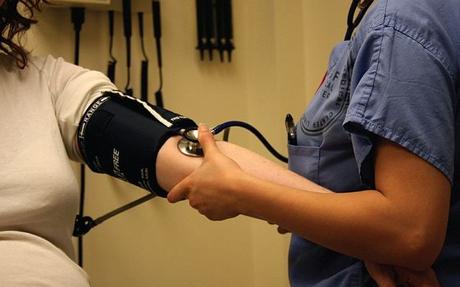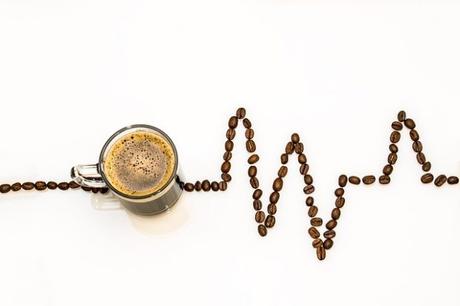
Of course, there are none. That's why high blood pressure has been called the silent killer. And why 46% of Americans have hypertension, or what we commonly call high blood pressure. It's the second most common cause of preventable death from any cause in the U.S., and adds almost $60 billion to U.S. healthcare costs annually.
May is National High Blood Pressure Education month. How much do you know about it? If you're like most people, you likely have some misconceptions, and lack adequate information for dealing with hypertension. Here are some points to consider, and perhaps save your life, or that of someone you love.
Causes and Effects. Not Symptoms.
While there are no real symptoms of hypertension, we do know what contributes to it. And because clear relationships have been established between certain habits and conditions and the presence of high blood pressure, we also know that changing those habits and conditions can help reduce high blood pressure, or in some cases even return it to normal. I was fortunate enough to be able to do just that.
Having gone through some very intense relationship trauma, it wasn't really that much of a surprise when my doctor told me my blood pressure was too high. Even by the pre-2017 standards, 145 over 90 was clearly a danger signal. For personal reasons, I refused the offer of medication. Besides, I knew what I'd been doing wasn't working. I loved juicy (fatty) red meat, gravy, and lots of salt. And, oh yes, my consumption of fresh fruits and veggies was pathetically low. So, all of that changed, and I began doing meditation to relax more.
It took a couple years, but I brought my reading down to textbook good - 120 over 78. Along the way, I also lost a few pounds, although that was mostly a side effect of my new diet rather than intention. While this worked for me, remember I was still under a doctor's supervision. Don't try things on your own without consulting a professional.
Know Your Numbers
I mentioned above that the medical standard definition for high blood pressure changed in 2017. Prior to then, if you stayed under 140 over 90 (both, not one or the other), you were considered okay. The range between the ideal 120 over 80 and those max numbers was kind of a gray area. Not ideal, but not bad. Now, that's been more clearly stated, such that 120 to 130 is considered elevated and 130 to 140 is stage one hypertension.
It's pretty important that you know what your numbers are. Just as with your weight, if you have no idea where you are, and where you're headed, there's likely trouble ahead.
Even if you see a doctor regularly, it's a good idea to monitor your blood pressure at home. Even fancy machines are fairly inexpensive, and it takes just a couple minutes once or twice a week. When you do it at home, remember these tips:
- Be still, and don't smoke or drink caffeinated beverages for a half hour prior.
- Sit, with both feet on the floor and the blood pressure arm elevated to heart level.
- Take two or three readings at the same time of the day at each sitting.

Make Changes That Matter
While you may have to go on blood pressure medication at least temporarily, you'll reduce the need for it by making life changes that support good heart health. I mentioned a few above. Here's a few more:
- Avoid foods that contribute to high blood pressure, including deli meats, canned soups (which are typically ultra high in sodium content), and excessive sugars.
- Replace fatty meats with more lean cuts, or preferably switch to salmon and other fish high in omega-3s
- Choose whole grain breads and low fat dairy products.
- Cut back on coffee and caffeinated soda.
Having healthy heart habits isn't just about helping you live longer. It's about helping you live a healthier, more vibrant life each and every day. Why not start today?
#checkit #highbloodpressure #sponsored
This post was sponsored by The American Heart Association. The opinions and personal story are that of the author.
I'm a serial entrepreneur, with a resume that makes me look like a Jane of all trades. Pretty sure we are all reluctant Messiahs, travelling through life planting seeds where ever we can. Hopefully, most of mine have been good ones! MA from Miami University (Ohio, not Florida), BA from Cal State.

